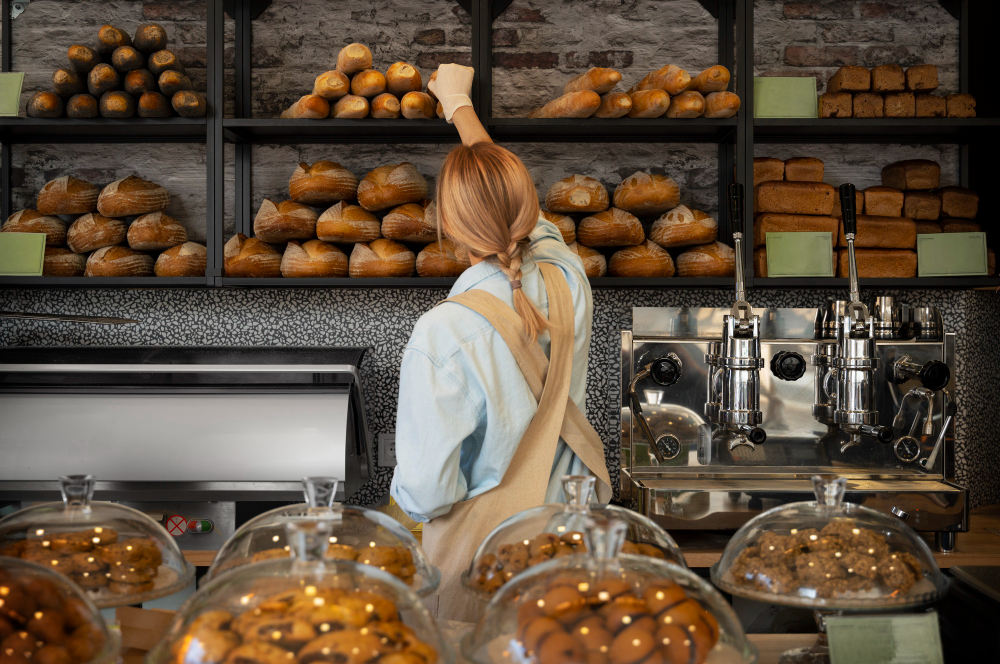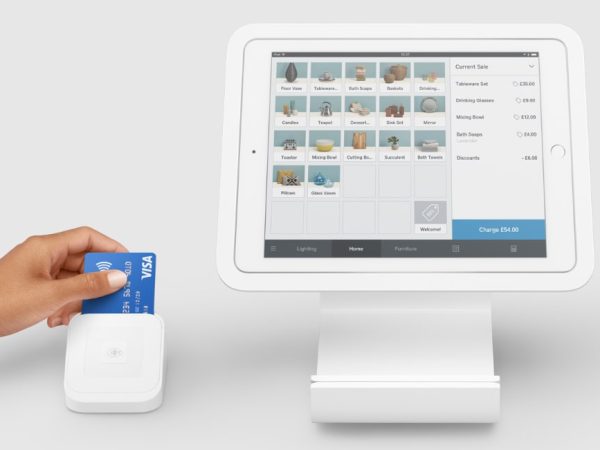The UK Food and Beverage Industry: An Overview

The food and beverage industry in the UK has undergone significant changes over the past few decades. The industry has evolved in response to changing consumer preferences, technological advancements, and regulatory changes. The UK food and beverage industry is one of the largest in Europe, with a market value of approximately £104 billion in 2020. The industry comprises several segments, including processed food, beverages, and fresh produce. The processed food segment is the largest, accounting for around 60% of the market. The beverage segment includes alcoholic and non-alcoholic drinks, while the fresh produce segment includes fruits, vegetables, and meats. The industry is highly competitive, with numerous players, ranging from small artisanal producers to large multinational corporations. The UK food and beverage industry is export-oriented, with exports accounting for around 30% of total industry revenues. The industry has a strong presence in international markets, with popular products such as whisky, beer, and cheese.
Evolution of the UK Food and Beverage Industry: Trends and Developments
Changing Consumer Preferences:
The UK food and beverage industry has undergone significant changes in response to changing consumer preferences. Consumers are increasingly interested in healthy and sustainable food options. This trend has led to a rise in the demand for organic and natural products, as well as plant-based alternatives to meat and dairy.
Technological Advancements:
Technological advancements have also played a significant role in the evolution of the UK food and beverage industry. New technologies, such as 3D printing, have enabled producers to create new and innovative products. Similarly, the use of artificial intelligence and machine learning has improved the efficiency and effectiveness of production processes.
Regulatory Changes:
Regulatory changes have also impacted the UK food and beverage industry. For instance, the introduction of the sugar tax has led to a reduction in the sugar content of many drinks. Similarly, the introduction of the Traffic Light Labelling system has made it easier for consumers to make informed choices about the products they buy.
Increased Competition:
The UK food and beverage industry is highly competitive, with numerous players vying for market share. In recent years, there has been a rise in the number of small artisanal producers, who are offering unique and high-quality products. At the same time, large multinational corporations continue to dominate the market, with their economies of scale and established distribution networks.
Growing Export Market:
The UK food and beverage industry is export-oriented, with exports accounting for around 30% of total industry revenues. The industry has a strong presence in international markets, with popular products such as whisky, beer, and cheese. The UK’s exit from the European Union has created new challenges for exporters, but the industry remains optimistic about its prospects.
Challenges Faced by the UK Food and Beverage Industry
Brexit:
Brexit has had a significant impact on the UK food and beverage industry. The industry is heavily reliant on exports, and the uncertainty surrounding Brexit has created new challenges for exporters. The introduction of new trade barriers and tariffs has made it harder for UK producers to compete in international markets.
Supply Chain Disruptions:
The COVID-19 pandemic has highlighted the vulnerabilities of global supply chains. The UK food and beverage industry has been impacted by disruptions to supply chains, with shortages of certain products and increased prices for raw materials.
Sustainability:
The UK food and beverage industry is under pressure to become more sustainable. Consumers are increasingly concerned about the environmental impact of food production, and there is a growing demand for products that are produced in a sustainable and ethical manner. Producers are investing in new technologies and production methods to reduce their environmental footprint.
Health and Nutrition:
The UK food and beverage industry is facing increasing pressure to improve the health and nutritional content of its products. Consumers are becoming more health-conscious and are looking for products that are low in fat, sugar, and salt. The government has also introduced regulations to reduce the levels of salt and sugar in processed foods. The industry has responded to these challenges by investing in research and development to create healthier products. Many food and beverage companies are reformulating their products to reduce the levels of sugar and salt, as well as adding more nutritious ingredients such as whole grains and vegetables. There has also been a rise in the demand for plant-based alternatives to meat and dairy products. This trend is being driven by concerns about the impact of meat production on the environment, as well as the health benefits of plant-based diets. Many food and beverage companies are introducing plant-based options to cater to this growing market.
Conclusion
The UK food and beverage industry has evolved significantly over the past few decades, in response to changing consumer preferences, technological advancements, and regulatory changes. The industry is highly competitive, with numerous players vying for market share. The industry is export-oriented, with exports accounting for around 30% of total industry revenues. The challenges faced by the industry include Brexit, supply chain disruptions, sustainability, and health and nutrition. However, the industry remains optimistic about its prospects, with many producers investing in new technologies and production methods to address these challenges.
FAQs
What are some of the most popular UK food and beverage exports?
The UK food and beverage industry has a strong presence in international markets, with popular exports including whisky, beer, cheese, and chocolate.
How is the UK food and beverage industry responding to the challenge of sustainability?
The UK food and beverage industry is investing in new technologies and production methods to reduce its environmental footprint. This includes initiatives such as reducing packaging waste, improving energy efficiency, and sourcing ingredients from sustainable and ethical sources. Many producers are also introducing plant-based options to cater to the growing demand for sustainable and ethical food products.
Also Read: Financial Management Risks in Today’s Uncertain Economy











